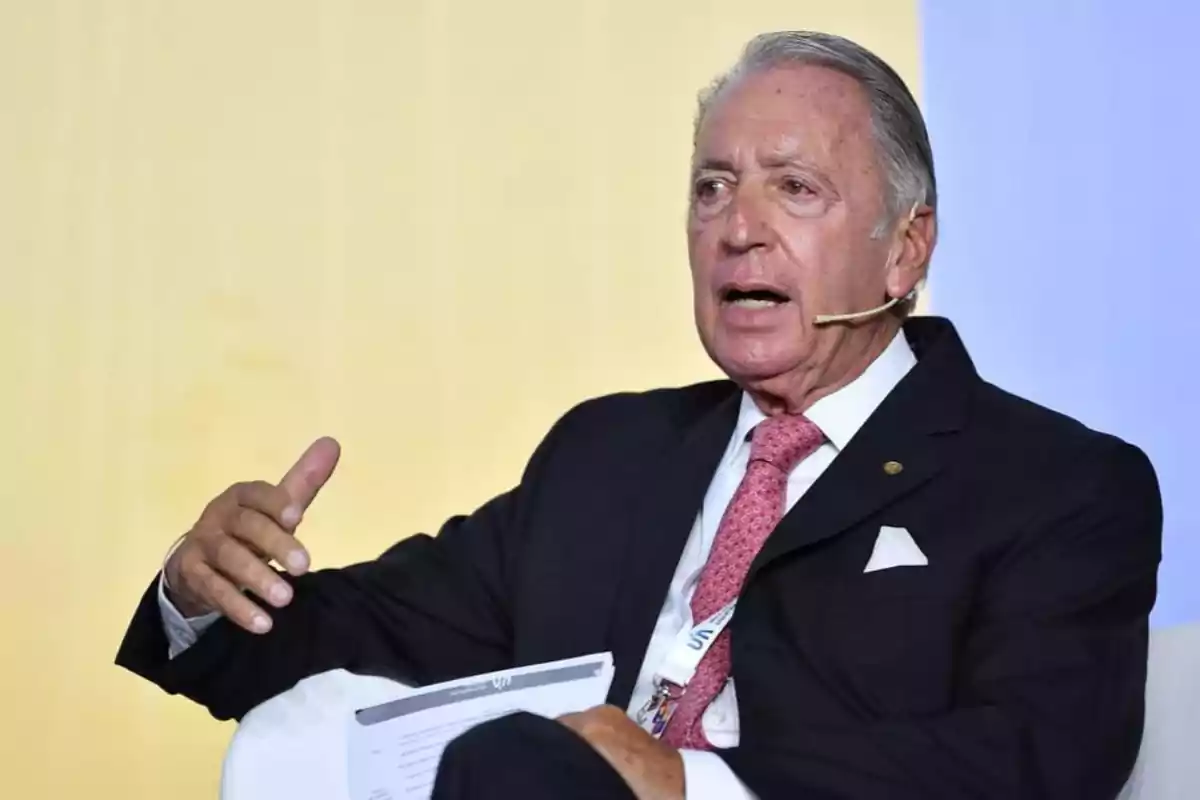
Judicial experts support the new decree regulating government strikes
The decree defines that essential services must provide 75% coverage and that critical ones, 50%
The recent regulation of the right to strike enacted by the national government has sparked a new point of tension with the unions, but in the business and legal spheres, it has garnered significant support. It is decree 340, published in the Official Gazette, which requires unions to ensure the provision of a minimum of 50% to 75% of service during a protest, depending on the activity.
The measure, signed by President Javier Milei and his nine ministers, revives aspects of DNU 70, suspended by the Labor Chamber following a presentation by the CGT. However, in this case, the decree is framed within the specific regulation of essential and critically important services.
A measure that respects the law, according to experts
Labor lawyer and former president of the UIA, Daniel Funes de Rioja, supported the Executive's decision: "It is not about prohibiting the right to strike, but about establishing reasonable limits to avoid affecting the general interest", he stated in a conversation with Infobae. In his role as a representative of the employer sector before the ILO, Funes de Rioja emphasized that the decree is aligned with international agreements and responds to a need to broaden the definition of essential services.

In the same vein, Pablo Torres Barthe, lawyer for the Anti-Blockade Business Movement (MEAB), stated that "the right to strike is not absolute and needs regulation." He also recalled a ruling by the Entre Ríos Chamber that questioned an indefinite strike for affecting the source of work of those not involved.
Essential services and critically important activities
The decree defines essential services as those related to health, energy, transportation, telecommunications, early education, and customs, among others. It establishes that these sectors must ensure a minimum coverage of 75%. Meanwhile, critically important activities, such as food production, mining, or financial services, must guarantee at least 50% operation.

Additionally, the Commission of Guarantees is created, an autonomous entity that can incorporate new activities into these categories based on criteria such as the risk to public health, the utility of the service, or the fiscal impact.
Torres Barthe concluded that the measure seeks to "curb political or general strikes that fall outside the legal framework", and expressed his hope that the unions will comply with the regulation and prioritize dialogue.
More posts: